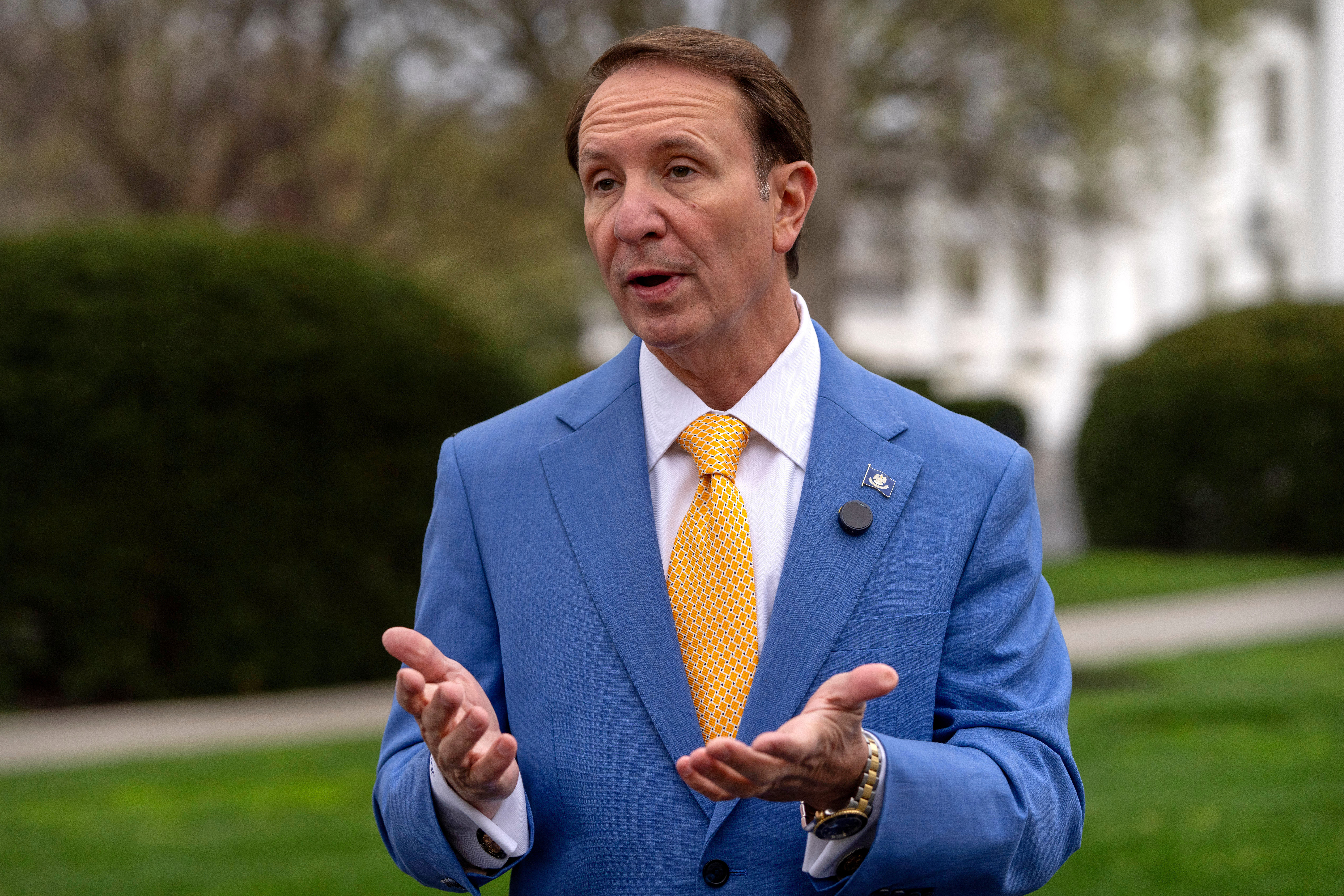Between rebels in Ukraine, ISIS in Iraq and trouble within America's own borders, a crisis that predates all those stories has been somewhat pushed to the margins of Western media.
But there has been slow and steady progress on at least one front of Syria's three-year civil war: the nation's chemical weapons are reportedly no longer in play.
In a statement Monday, President Obama wrote, "Today we mark an important achievement in our ongoing effort to counter the spread of weapons of mass destruction by eliminating Syria's declared chemical weapons stockpile."
But there are some caveats — namely that Syria's government still hasn't destroyed weapons production facilities slated for demolition. There's also some concern that international observers haven't accounted for all the nation's chemical weapons.
Syria's Assad government agreed to a plan to destroy its chemical weapons after one of the greatest inadvertent foreign policy achievements in American history, when U.S. Secretary of State John Kerry offhandedly said this:
"He could turn over every single bit of his chemical weapons to the international community. ... But he isn't about to do it, and it can't be done, obviously."
But it was done. And the compromise, brokered by Russia, successfully deterred American airstrikes against Syria, which the president had threatened in a high-profile speech days before.
But it would be a stretch to call any news out of Syria "good news." After all, the 150,000 or so estimated deaths as a result of the nation's civil war have come almost entirely from conventional, not chemical, weapons.
In a sign of just how bleak things have become, the United Nations stopped updating its death estimates for Syria in January, citing obstacles confirming casualties in the country.
The Syrian Observatory for Human Rights, based in Britain, puts its estimate higher than 170,000. Syria's civil war has also forced about half the country's population of 22 million to leave their homes.
This video contains images from Getty Images.











